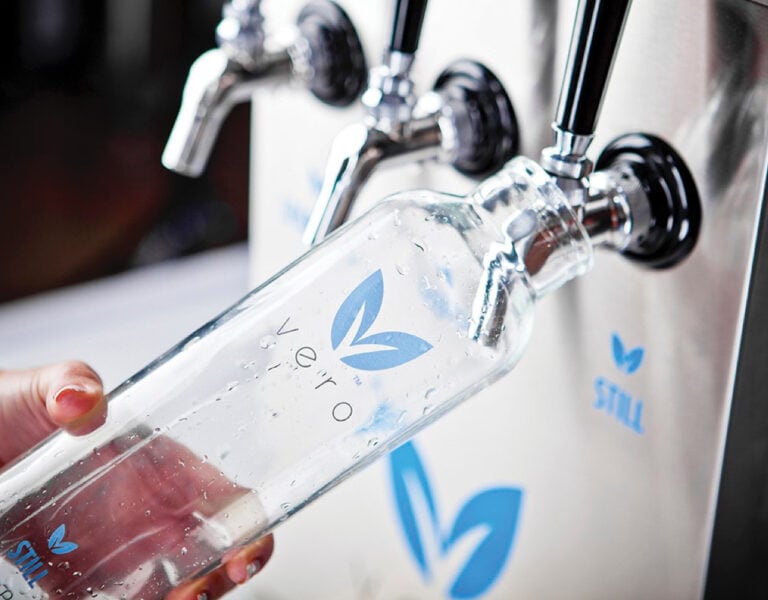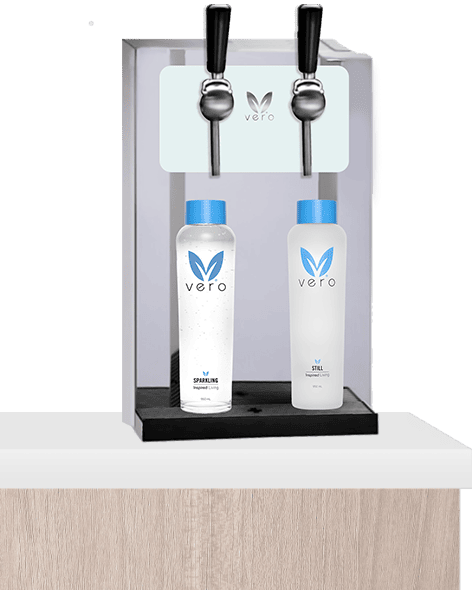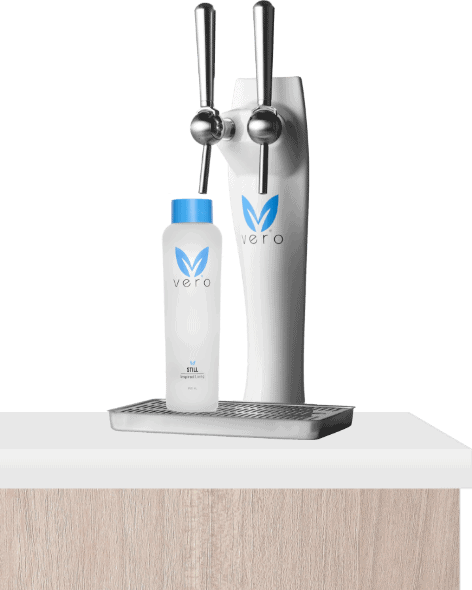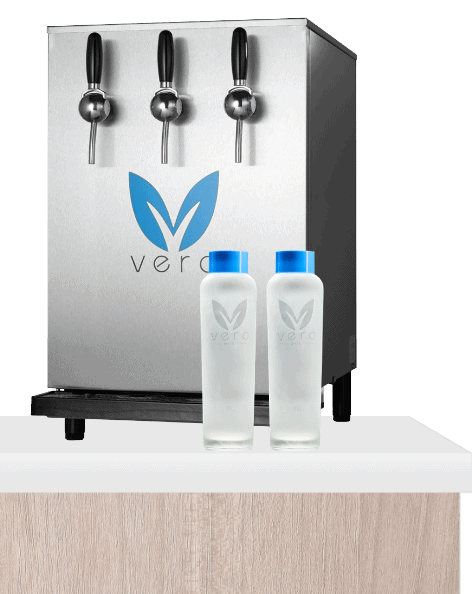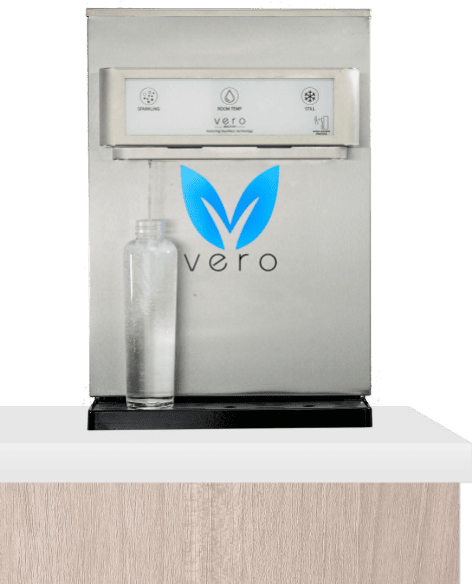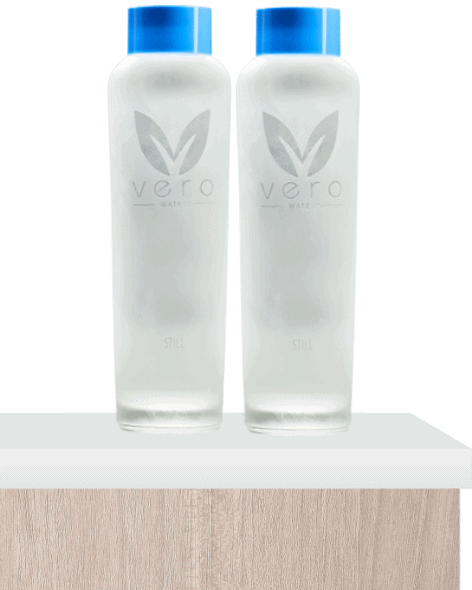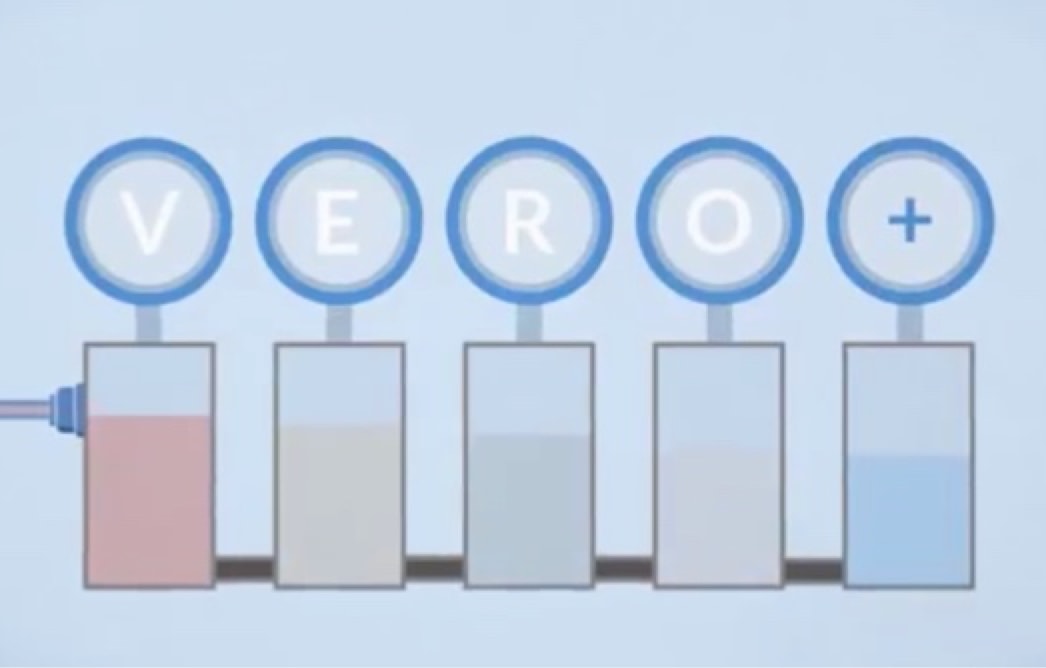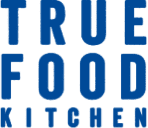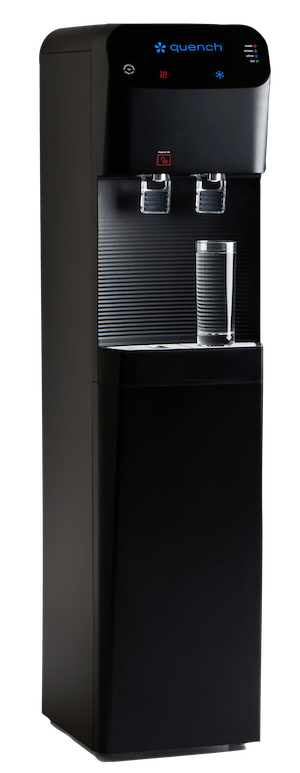How It Works
Vero’s proprietary purification and bottling process enables businesses to purify, chill, fill, and serve unlimited still and sparkling water on-site and on demand.
We run your local tap water through our innovative Vero+ filtration process to remove contaminants and leave you with refreshing water that your employees, guests, and customers will love.
Plus, an ample supply of our Vero still and Vero sparkling one-liter bottles are provided with your system. Vero glass bottles are specially designed for reuse and simple cleaning and are durable enough to withstand daily washes in industrial dishwashers.
Are you searching for a way to serve great-tasting bottled water to your guests? Well, you could transport bottle after bottle from overseas, and in the process emit tons of greenhouse gasses and create mountains of waste detained for landfills. Or you could choose Vero Water — the better way to offer great-tasting water that your guests will love. We run your local tap water through our innovative Vero+ purification process — removing impurities and creating the crisp signature taste of Vero Water.
Only Vero offers a countertop system capable of providing a consistently great-tasting product–no matter your local water condition –perfectly chilled and freshly filled on demand. You can offer Vero Water to your guests, still or sparkling. You’ll bottle it on-site in a matter of seconds, never running out and needing minimal storage and refrigeration.
Our scratch-proof glass bottles are treated with a special process, allowing them to be sanitized in your dishwasher before being refilled and served to your next guest. By reusing the bottle, you’ll dramatically reduce your carbon footprint and go green in the process.
Best of all, with our low fixed monthly price, Vero only costs a small fraction of what your old bottled water used to. The Vero way limits your environmental impact, saves you time, and makes you more money. Clearly better than bottled water. Serve Vero Water.
